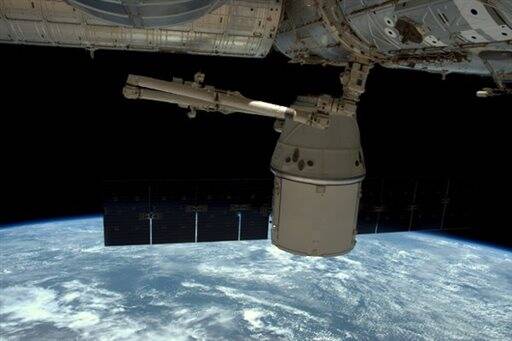On April 8, the world witnessed a great leap forward for human spaceflight when a rocket landed on a ship at sea. After delivering cargo to the International Space Station, SpaceX successfully landed the booster stage of its Falcon 9 rocket on a drone ship. The importance of this accomplishment toward changing the economics of spaceflight cannot be overstated. Most of the cost in getting something into orbit is in building the very expensive rocket, which until now has been a one-shot device. It may be possible to make several trips into space with the same rocket.
Blue Origin, another commercial spaceflight company, launched and landed a rocket in November and then relaunched it in January, a significant achievement, even though its flight only reached the edge of the atmosphere rather than orbit. In December, SpaceX successfully returned a rocket to land. Many of the most useful launch trajectories, however, do not allow for enough fuel to fly the rocket back to solid ground. This is what makes the ability to land on a ship at sea critically important.
In addition to being an engineering triumph, SpaceX’s successful launch and landing testify to the importance of effective public-private partnerships. On the edge of bankruptcy in 2008, the only way SpaceX survived long enough to develop its technology was with a $1.6 billion multiyear contract from NASA to supply the space station. The history of massively expensive projects at NASA makes it unlikely the government agency could have achieved this kind of success entirely in house; SpaceX’s finances made it impossible for the company to do so alone. We should both celebrate this success and learn from it, continuing to look for similar opportunities to align government priorities with commercial engineering expertise.








